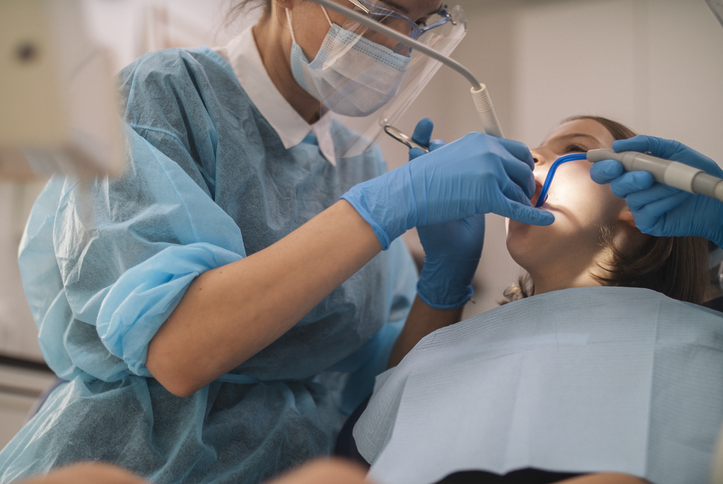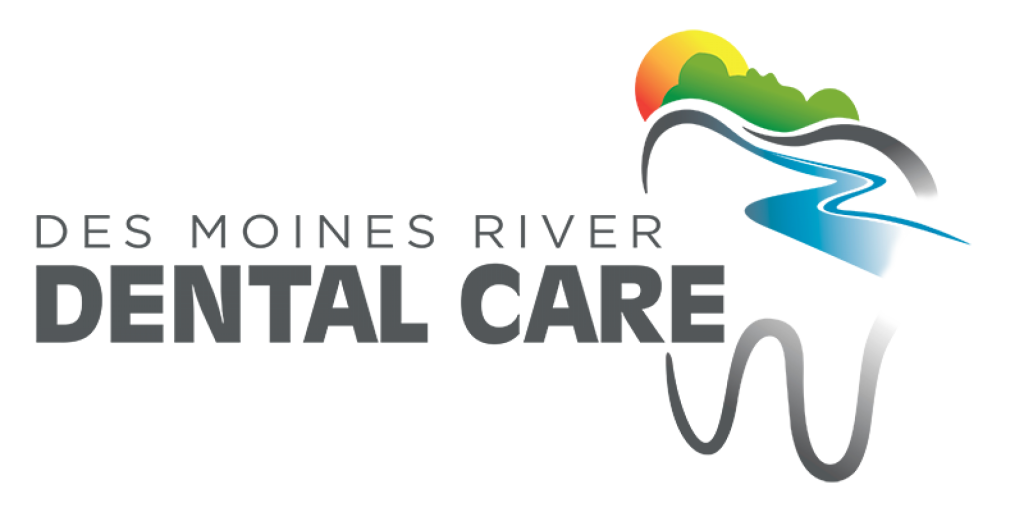Root canal treatment (also referred to as root canal therapy or endodontic therapy) is necessary when a cavity reaches the tooth’s inner pulp (nerve and blood supply). Sometimes deep restorations or trauma to a tooth may also cause nerve damage to the point it needs root canal therapy. Once this occurs, the pulp becomes infected and can even extend through the root tip and begin to eat away at the surrounding bone (this is an abscess).
By the time the pulp is infected, it must be treated, and cannot heal independently. It can even weaken the entire immune system. The infected pulp is dangerous, not to mention very painful. Signs that the pulp has become infected may include sensitivity to hot/cold or sweets, pain, swelling, pain to biting or pressure, and a bad taste in the mouth. Sometimes, no symptoms are apparent, and the person is unaware of any problem until a checkup.
A dentist performs a root canal to clean and disinfect an infected tooth pulp. The pulpal space is filled and a crown is placed on the tooth. We place a filling in the canal(s) to resolve the infection and prevent any further issues. To restore a tooth after root canal therapy, we typically use a core build-up and crown.

Consults Us About Root Canals
We’d like to relieve your pain and discomfort as soon as possible. We’ll conduct a thorough investigation to address the affected area and any other affected regions.
Feel free to request an appointment online or call our office to set something up. For emergency or after-hours cases, please call (515) 989-3180 for more immediate attention.

